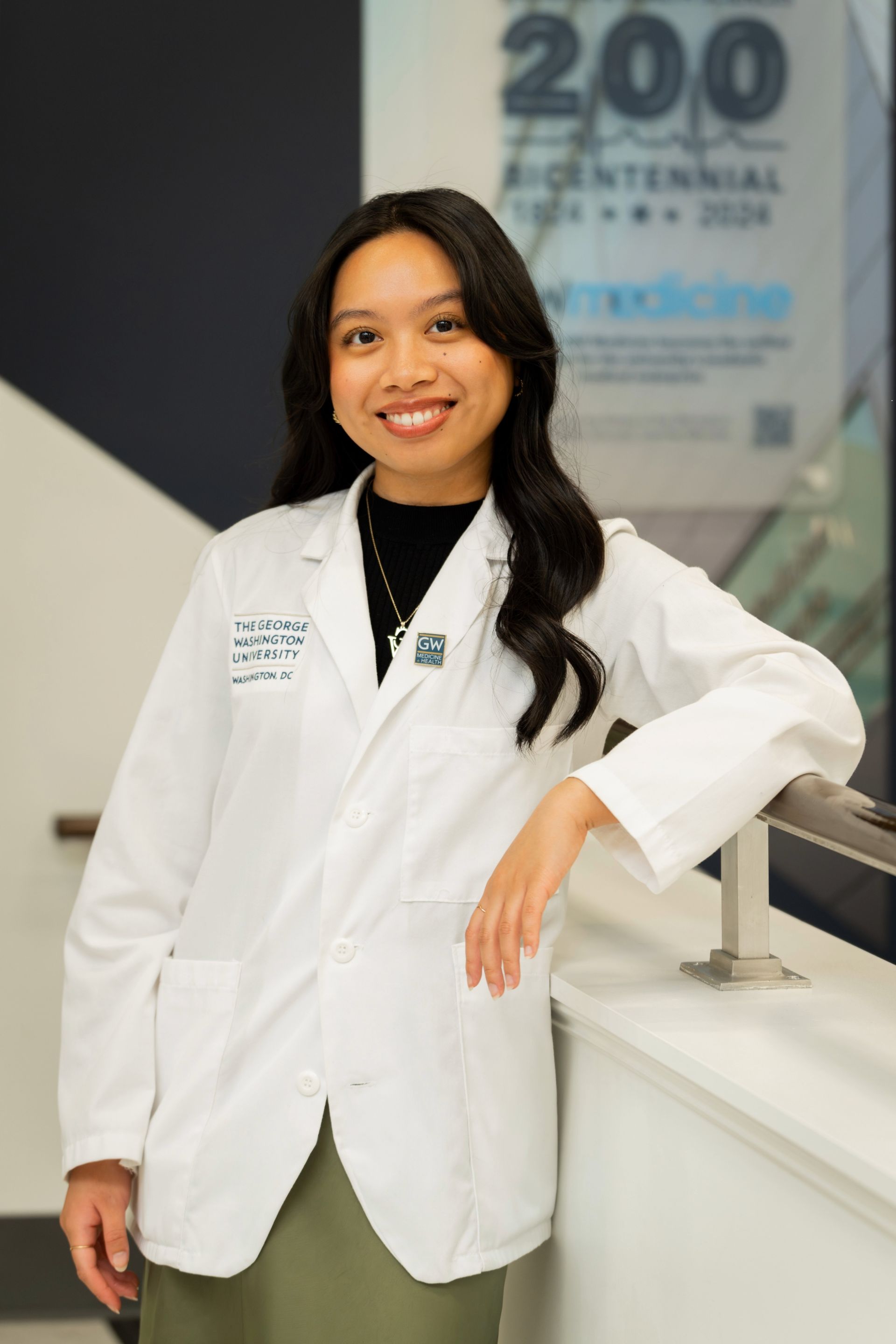
Trinity Rico
Class of 2027
Trinity graduated from the University of California, Berkeley, earning a Bachelor’s degree in
Molecular and Cell Biology with an emphasis on Neurobiology. Inspired by her parents’ and
aunt’s work in establishing a rabies clinic in the Philippines as a response to a community need,
Trinity has found a deep interest in community engagement and culturally-sensitive medicine. In
particular, she is passionate about food insecurity and how it affects community health. Since
high school, she has sought to address food insecurity in her own community through
volunteering at food pantries and community gardens, partnering with a local grassroots
organization in the Bay Area to raise funds to support a grocery delivery program to elders and
families during the pandemic, and learning from community leaders about how to create
sustainability within food pantries while ensuring that families are receiving ample fruits and
vegetables in addition to non-perishable items.
“Coming to GW has taught me how to integrate my passions for food insecurity and medicine
together. I am so grateful to have found new opportunities to delve deeper into addressing food
insecurity as a social determinant of health and the movement of ‘Food Is Medicine’, with the
overwhelming support of GW faculty, staff, and fellow students. At GW, I have been able to
organize a successful food drive for Miriam’s Kitchen (MK), where I volunteer. This has attracted
the interest of my peers in joining me in supporting MK’s mission of ending chronic
homelessness in DC. In addition, as President of the Culinary Medicine Interest Group on
campus, I have the opportunity to both establish partnerships with organizations like MK, as well
as develop a curriculum that can teach our students about the health impacts of food insecurity.
Moreover, through the Community Urban Health Scholarly Concentration Track, I have been
able to connect with physicians conducting research on nutrition education and produce
prescriptions as a potential intervention for families experiencing food insecurity. I am so proud
and thankful to be a GW SMHS student, for these opportunities, as well as the integration of
social determinants of health into the main body of our curriculum, have taught me tangible
ways to improve community health in a holistic manner.”